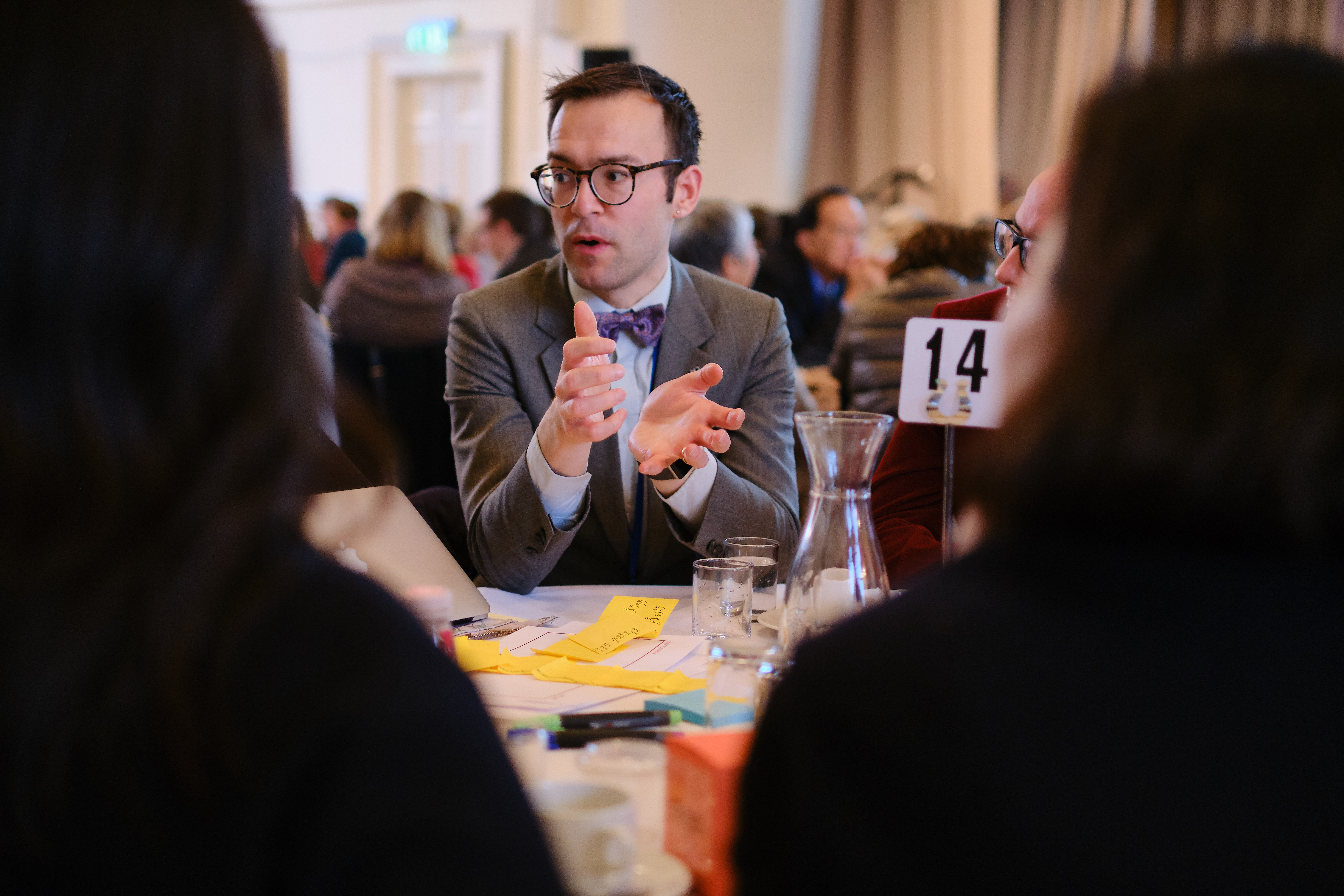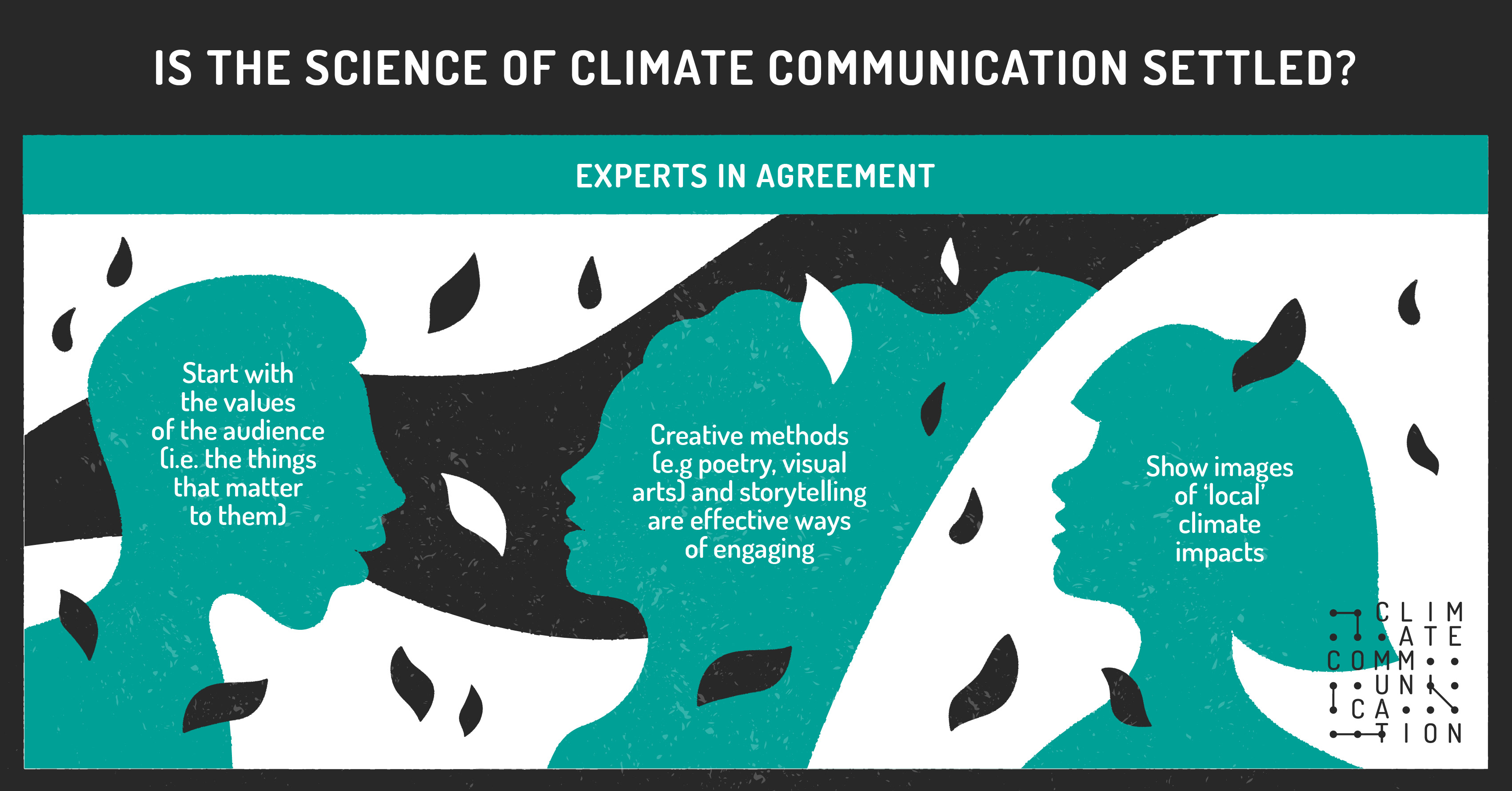Over the last year or so, a group of us – including academics from NCAS and Leeds, Manchester Met and Cardiff Universities, as well as the climate charities 10:10 and Climate Outreach – have been taking stock of what we know about public engagement with climate change, and how to communicate about it in the












